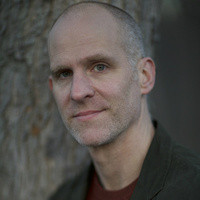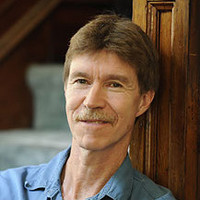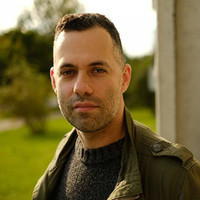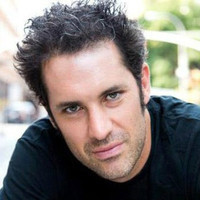Jon Caramanica is a music critic at The New York Times.
“I like to interview people very early in their careers or very late in their careers. I think vulnerability and willingness to be vulnerable is at a peak in those two parts. Young enough not to know better, old enough not to give a damn. … The story I want to tell is—how are you this person, and then you became this? Then at the end, let’s look back on these things and let’s paint the art together. But in the middle when your primary obsession is how do I protect my role? How do I keep my spot? How do I keep the throne? I’m not as interested in that personally as a journalist or as a critic. ”
Thanks to MailChimp, Read This Summer, Google Play, and Pitt Writers for sponsoring this week's episode.























